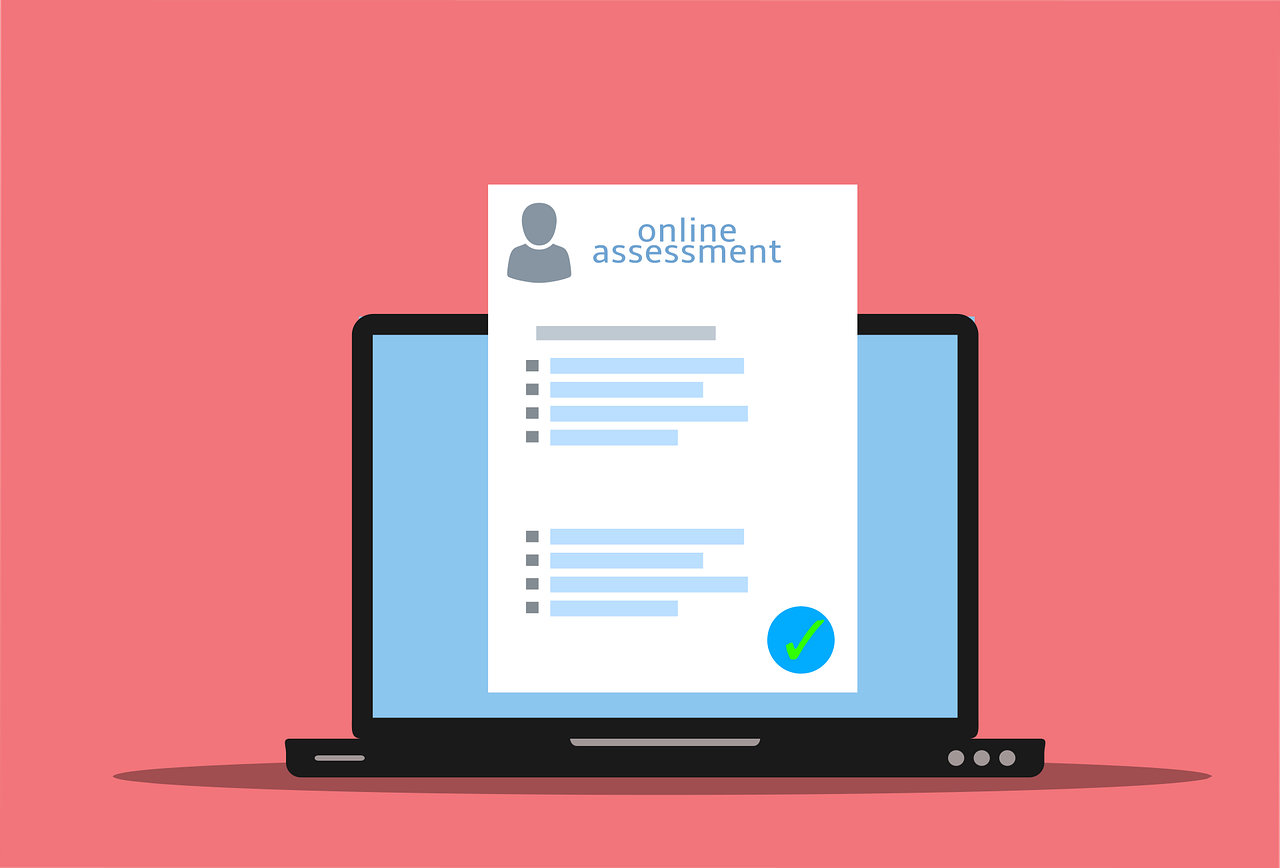Welcome to our official website! In the digital age, cybersecurity and data privacy are topics of great concern. As a VPN service provider, we understand the importance users place on personal data protection and privacy. In this article, we will explore VPN's data logging policy in detail to help you understand how the provider handles your online data and our commitment to protecting your data privacy.
Part 1: What is data logging?
Data logs are information about your Internet access data and activity that is recorded by your VPN provider when you use your VPN. This data may include your IP address, websites visited, applications used, connection time, data transfer volume, and more. Data logs help providers maintain and optimize network performance, identify malfunctions, and are even used for legal compliance and meeting regulatory requirements.
However, data logs can also involve user privacy issues. Some VPN providers may log and store information about users' online activities, and may even share this data with third parties, which could lead to misuse or leakage of users' personal information.

Part 2: VPN's Data Logging Policy
A VPN provider's data logging policy is crucial to user data privacy. Different providers adopt different policies, so it is crucial to understand their data logging policies when choosing a VPN service.
1. No-logs Policy: Some VPN providers have a strict "no-logs policy", which means that they don't log information about users' online data and activities. This means that the provider is unable to track the user's online behavior, protecting the user's privacy and data security. As a user, you can rest assured that your online data will not be logged or stored when you use the VPN service of such providers.
2. Minimal-logs Policy: Some other VPN providers may adopt a "minimal-logs policy", which only logs some basic connection information, such as connection time and data transfer volume, but not the user's specific online activities. Such a policy helps the provider to maintain network performance and identify potential failures, while also trying to protect user privacy.
3. Full-logs Policy: Some VPN providers may adopt a "full-logs policy" to log user data and activity information, and may share this data with third parties. Such a policy may result in an invasion of privacy, as the provider can track and log all of the user's online activity.
Part 3: Our Data Logging Policy
As a VPN service provider, we adhere to a strict "no logging policy". We are committed to protecting your data privacy by not logging information about your online data and activities. We recognize that privacy is of utmost importance to our users and we do our best to ensure that your data is protected at the highest level in our system.
Specifically, we do not log your IP address, the websites you visit, the applications you use, or any other information that is personally identifiable to you. We also do not store any data related to your online activities to ensure the highest level of protection.
We also do not share your data with third parties. Your internet data is only used to provide VPN services and is deleted as soon as you disconnect. We do not use your data for advertising purposes, do not track your online behavior, and guarantee your anonymity and privacy.
Part 4: How to protect your data privacy?
Besides choosing a VPN provider with a "no logs policy", there are a few other ways to protect your data privacy:
1. Use HTTPS: Make sure the websites you visit support HTTPS encryption protocol to ensure your data is encrypted during transmission.
2. Avoid public Wi-Fi: Try to avoid sensitive online activities on public Wi-Fi networks as they are vulnerable to hacking.
3. Update your devices and software: Keep your devices and software up to date to ensure you are using the latest security patches and protections.
Conclusion:
A VPN's data logging policy is crucial for user data privacy. As a VPN service provider, we adhere to a "no logging policy" to protect your online data and privacy. We are committed to providing you with the highest level of privacy protection by not logging your online activities and not sharing your data with third parties. When using a VPN service, you can also further protect your data privacy by following some security measures such as using HTTPS and avoiding public Wi-Fi. Our goal is to provide you with the most secure and private VPN service possible so that you can enjoy peace of mind in the online world.
 Email
Email